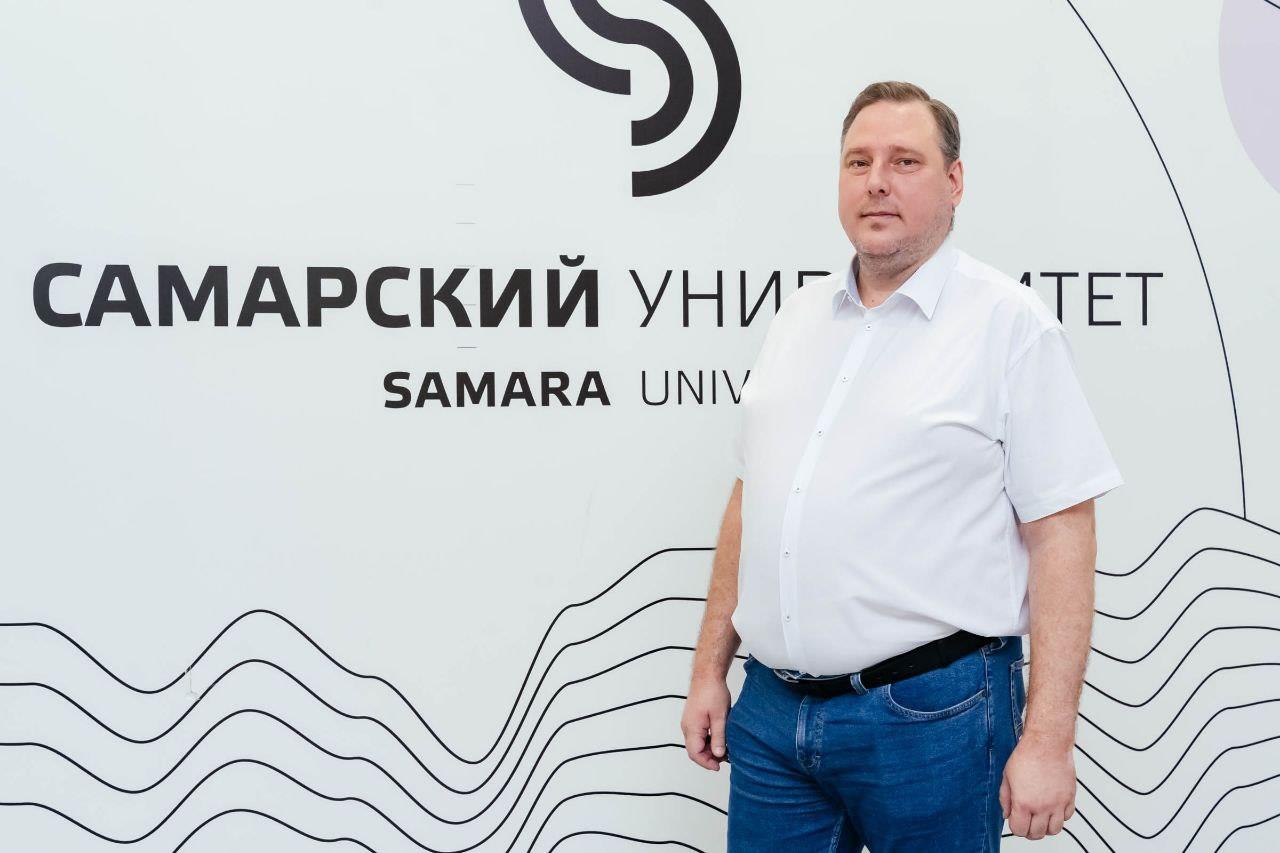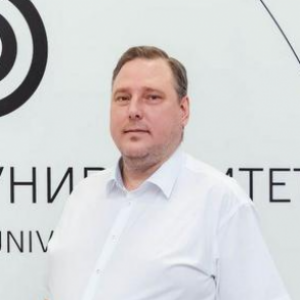In recent years, the leading universities in Russia, including Samara University, are talking about the transformation of education. Andrey Gavrilov, Vice-Rector for Academic Affairs at Samara University, told Volga News readers about the main trends in the field of Russian higher education, what individual educational trajectories are and how they echo the requests of potential employers.

- Does modern higher education in Russia meet the real demands of the time?
- Education must meet modern demands, modern reality. If you look at it, the human habitat has changed significantly over the past 100 years and continues to change. And the classical methods of transmitting information and knowledge do not fully correspond to what is happening.
Digitalization has had the most significant impact on education. While there was no such thing as a cell phone in my childhood, now children control smartphones almost from the cradle.
The second problem is that it used to be possible to get a specialization and stay in it easily. Now everything is changing so quickly that a narrow specialist — in the classical sense — is already in much less demand.
It turns out that we need to learn new things almost all our lives. In addition, the learning process itself is built a little differently: to give the opportunity to go out in breadth, to learn something else that may later be useful or just interesting to a person for general development.
- Are classical forms of education becoming a thing of the past?
- There are subjects where it is difficult to get away from classical forms of education, but there are also those where new knowledge can be obtained in new ways: through pre-recorded classes, asynchronous communication, digital tutors, digital learning systems.
It depends on what you are studying. And the closer we get to the translation of knowledge, the faster the functions that used to be occupied by lecturers, libraries and books are partially taken up by the digital world.
And where it is necessary to do something with a teacher, digitalization is somewhat more difficult and more expensive.
- What are individual educational trajectories and tracks?
- Individualization is the answer to one of the existing challenges related to the personalization of education, adjusting it to the requirements of the labor market and the wishes of the students themselves.
At our university, individual educational trajectories are a number of disciplines that the student must choose for himself. This year we had more than 160 disciplines to choose from in different blocks over the course of two years.
We do this at all forms and levels of education — undergraduate, specialty, graduate, and since last year there has been such personalization in post-graduate school.
In the proposed model, it is possible to choose a variety of courses, starting from photography and its psychological aspect, ending with the organization of production. There is a very large and diverse range of IT subjects.
Undergraduate and specialist students can choose these disciplines as a block at once and receive another qualification and a diploma of professional retraining at the graduation.
Last year, 17 such tracks were offered to choose from, this year applicants can choose from 27 tracks.
- Do many universities have such tracks?
- Yes, individualization and digitalization of learning is a common trend, but different models and approaches are used everywhere.
- Are there any difficulties in implementing such a model?
- Mostly organizational and sometimes psychological. We try to gather students so that the streams mix, the guys can get to know each other. As a result, there is a certain synergistic effect. They can go out for a diploma, implement their own startup with a team that includes a variety of specialists.
- What other innovations are there at the University?
- While earlier it was customary to receive additional education, already having a diploma, now students can do it in parallel with basic education.
One of these beautiful projects is a part of the federal digital economy project called "Digital Departments".
In universities that participate in the Priority 2030 program, such "digital departments" have been opened, where, in addition to basic education, you can get a diploma of professional retraining in various IT areas in a year.
In 2023, 2,000 students entered this program at our University, including students from other universities. They can also join us and study with us, and for free. In 2024, we are ready to receive 3,000 people. The only requirement is that one can enter the “Digital Department” being at least a 2nd-year student of the bachelor's degree or the 3rd-year of the specialty.
At the same time, there are programs for both students with basic knowledge in the field of technical sciences and humanities.
All the programs are implemented in the mixed format — online and offline. As a rule, 2 hours a week are given for lectures, 4 hours for practice, it takes place in the evening, at the university or online, depending on the program.
List of programs:
- FRONTEND TECHNOLOGIES
- FRONTEND DEVELOPMENT
- DEVELOPMENT AND MAINTENANCE OF TASKS ON THE 1C: ENTERPRISE PLATFORM
- DIGITAL TWINS OF PRODUCTS
- CAM TECHNOLOGIES (COMPUTER-AIDED MANUFACTURING TECHNOLOGIES)
- DIGITAL ADDITIVE MANUFACTURING TECHNOLOGIES
- SMART MANUFACTURING
- IT PROJECT MANAGEMENT
- VIRTUAL AND PHYSICAL PROTOTYPING
- AUTOMATIC CONTROL OF DIGITAL PRODUCTION BASED ON MECHATRONIC SYSTEMS
- WEB LAYOUT
- PRODUCT ADMINISTRATION ON THE 1C: ENTERPRISE PLATFORM
- DATA ANALYSIS
- IT PROJECT MANAGEMENT IN PROFESSIONAL ACTIVITIES
- DIGITAL MEDIA DESIGN
- DIGITAL STARTUP
- LEGAL SUPPORT OF IT PROJECTS
- How are employers' requests taken into account?
- Higher education programs must be reviewed by future employers. Therefore we work in contact with colleagues in all areas of training. One of the features of the current labor market, including due to the advent of artificial intelligence systems, is the demand for T-shaped universal specialists who are deeply versed in their subject area, but do not concentrate only on it. These are people who pay attention to their comprehensive development and have some unique skills. Relatively speaking, a lawyer, but with knowledge of the Chinese language.
In fact, we train multidisciplinary specialists precisely thanks to this combination.
- What effect do universities expect from the transformation of education?
- One of the main tasks is to preserve the technological and personnel sovereignty of the state. This is also a demographic component that dictates: it is necessary to prepare those who will be needed and in demand in society.
Source: volga.news
